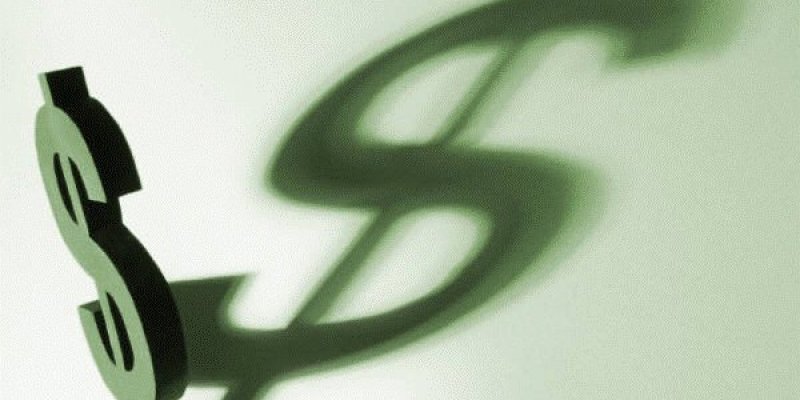
While the Kaddish is one of the most central parts of our liturgy, it also exposes two red flags that cannot be ignored. When I was a teenager, someone, I can't even remember who, said to me: "Judaism in America was destroyed by the first rabbi who took ten dollars to say Kaddish". Now I can't fault the rabbis. While salaries of non-Orthodox rabbis, as well as Orthodox rabbis in choice positions, begin at $130,000 a year, with some earning seven figures, small, non-organizational synagogues often pay their rabbis in the neighborhood of $30,000 a year, with the expectation that he will make up the rest of what he and his family need to live on by doing weddings, funerals, conversions, private ordinations, providing kashrut supervision, and saying Kaddish.
It should be noted that in the Conservative movement, accepting money for these services is grounds for expelling rabbis from their rabbinical organization. Some of the above actually present halachic problems when done for money. But, in smaller congregations, this is the norm. I haven't looked into it in about ten years, but the last I checked, the going rate for saying Kaddish was then about $3,000. A rabbi may have a list of names that he glances at, recites Kaddish for all, and can put food on the table.
Besides the ethical problem of treating the rabbi in this way, it also gives people a "bad taste", seeing rabbis who need to hustle, being more about money than religion or spirituality. In many ways, this is similar to the situation in the Roman Catholic Church in the Sixteenth Century. Everything, including licenses to sin (indulgences) were for sale. This was one of the primary reasons for the rise of Protestantism. I have met many people who complained that "rabbis and synagogues are all about money". Charging thousands of dollars for putting a name on a list would seem to confirm that accusation. This is one of the reasons that I have urged my sons not to become congregational rabbis.
The second red flag is that the saying of Kaddish has helped to make Judaism into a "cult of the dead". In reality, Torah is all about life and its sanctification. Observant Jews go to synagogue every morning and evening. When the Kaddish comes up, mourners will rise, and recite it. Each Kaddish takes under a minute to say. But people less involved in synagogue services, will often see "going to shul to say Kaddish" as an awful burden, but one they owe to their deceased loved ones. On major holidays, when Ashkenazic custom features prayers for the dead (YIzkor), people "guesstimate" what time it will be said, so as not to "waste" all morning at services. Regular visits to the graves of loved ones are seen as a must; with itinerant "rabbis" standing around, who will recite a short prayer for a few dollars. For most unaffiliated Jews, death is the one thing that brings them to synagogue. This is what I grew up with. So, did countless others.
The Kaddish, instead of being a beautiful affirmation of G-d's Majesty, has become a dread burden. How can we expect young people to rush to Torah to drink deeply of its life-giving waters, when this is all they know? I am reminded of the incident when a young Jewish woman came to the Dalai Lama, seeking conversion to Buddhism, The Dalai Lama told her "it would be better to seek out the depth of your own religion". She answered "But I'm Jewish. There is no depth". He said to her "Then you do not know Judaism".
Kaddish should be a door into a glorious realm of Truth and Insight. But for many, it has become a brick wall keeping them in a sense of fear, guilt, superstition, and a false sense of obligation. Many, including yours truly, are trying to open that door once again.